The surge in attacks in Lebanon in September 2024 is the latest disaster to hit the country, following years of emergencies and economic crisis.
From 23-24 September over 1,200 airstrikes were conducted across Lebanon.
More than 558 people were killed, including at least 50 children, and 1,835 others were injured.
The attacks triggered mass displacement with an estimated 27,000 people displaced in just 48 hours alone.
But Lebanon’s children were already struggling. 111,696 people, many of them children, have been internally displaced in recent years and have been without a safe, secure home for far too long.
Hundreds of thousands of children in the country also struggle to access safe water or even basic health care. Thousands of children are at risk of severe hunger.
The future for many looks bleak: education for thousands of children is limited and pregnant women struggle to receive the care and support they need for their babies.
All of this comes after decades of struggles for families in Lebanon.
Donate now and help send life-saving supplies to children in Lebanon.
Cholera outbreak
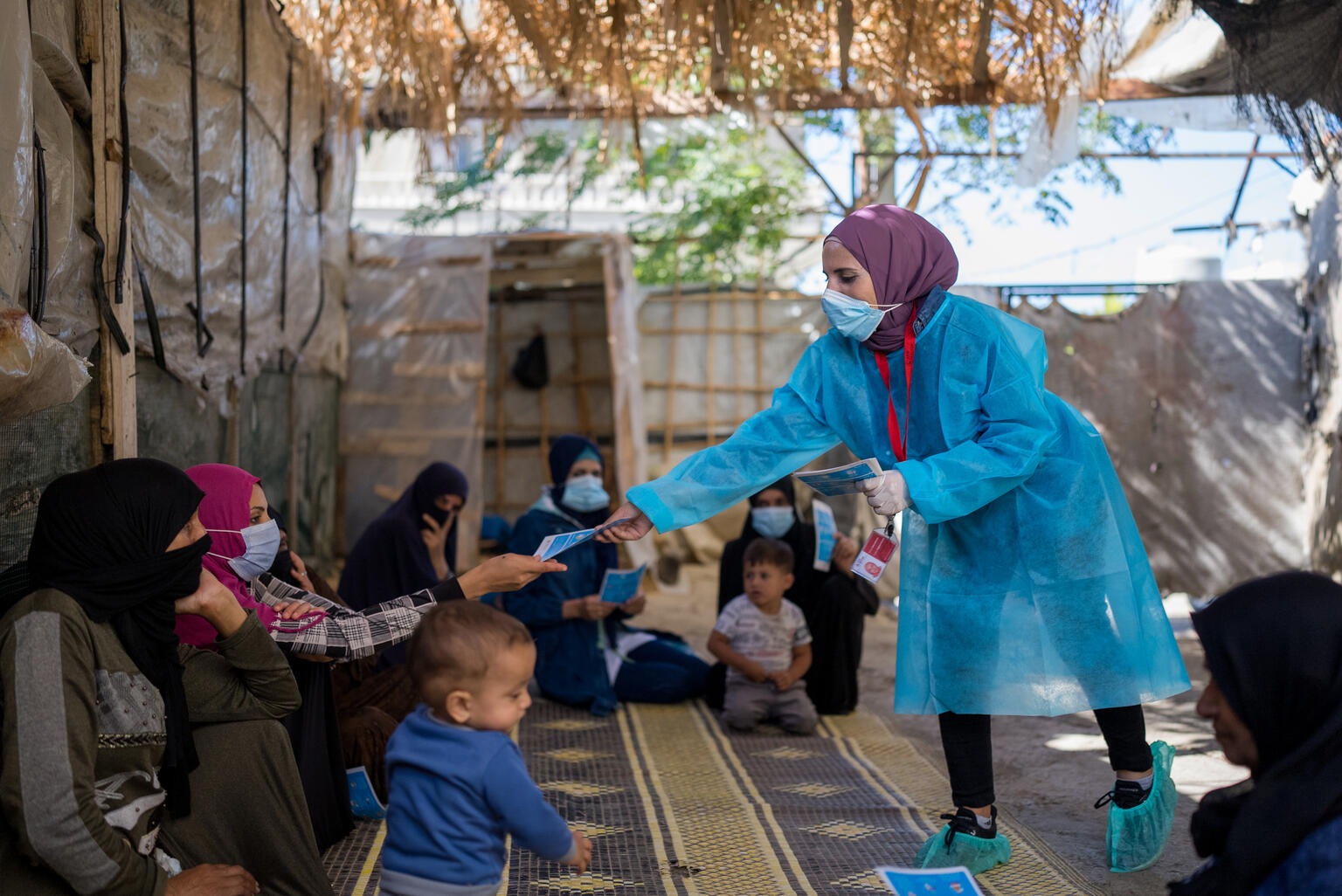
In 2022, Lebanon was hit by an outbreak of cholera. The disease is caused by consuming food or water contaminated with bacteria and, if left untreated, can be deadly within just hours of infection as it can cause severe dehydration.
In response, UNICEF delivered Cholera Treatment Kits and safe water. We also helped with disinfection in affected areas and trained frontline workers.
UNICEF also combats misinformation around the disease, promoting awareness and healthy hygiene practices to ensure children and their families know how to protect themselves and how to seek assistance.
Beirut explosion
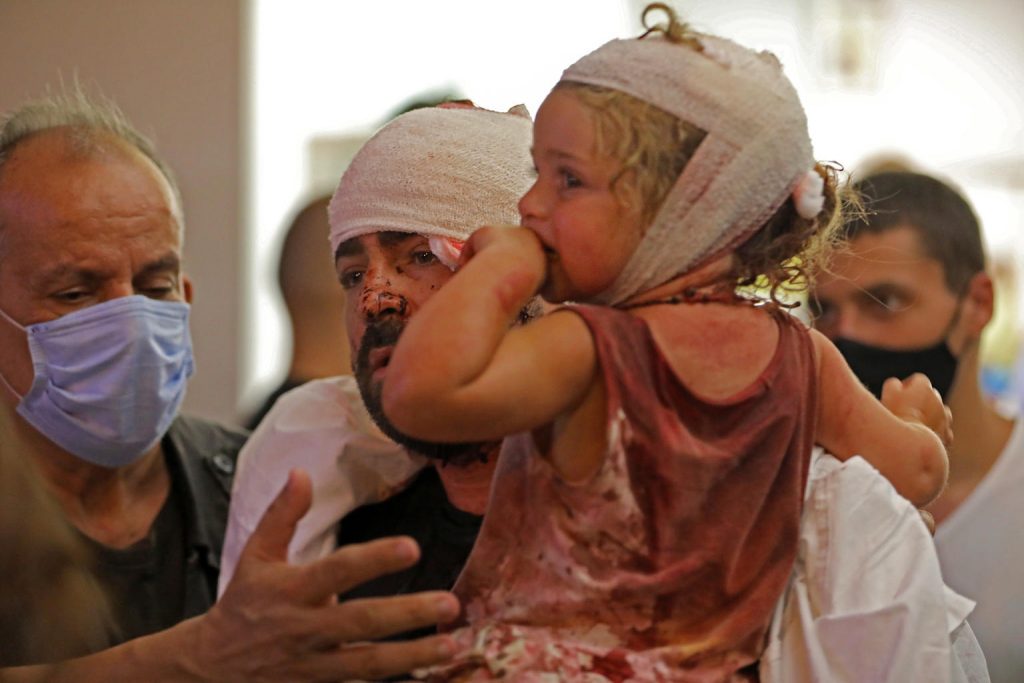
On Tuesday August 4, 2020 a terrible explosion struck the capital city of Beirut.
More than 200 people died and 7,000 were injured when ammonium nitrate being stored at a port warehouse ignited.
Half of all buildings in the city were damaged and the scale of the disaster was immense.
300,000 people were left homeless. The port, through which 80% of all food came into Lebanon, was closed. And the already overburdened health system was overwhelmed by the wounded.
In response UNICEF teams supplied clean water, medicine and support for children traumatised by the events. But the needs in Lebanon are huge and remain urgent.
Covid-19 pandemic
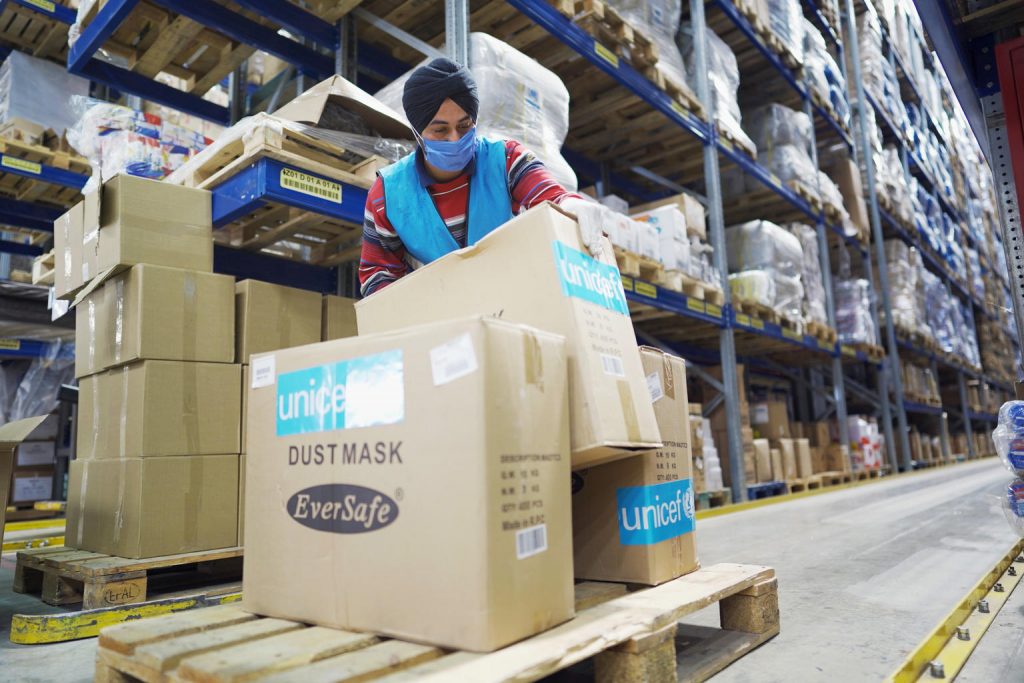
The suffering of the Lebanese people was further deepened by the arrival of Covid-19. Underfunded and already nearing capacity, the Lebanese health system was ill prepared for the deadly virus.
The government imposed a severe lockdown on the country, but this did little to slow the spread. With Covid-19 cases rising and resources becoming increasingly limited – 95% of all Lebanon’s medicines were imported at the time – the health system came close to collapse. The 2020 explosion made the situation even more desperate.
Economic collapse
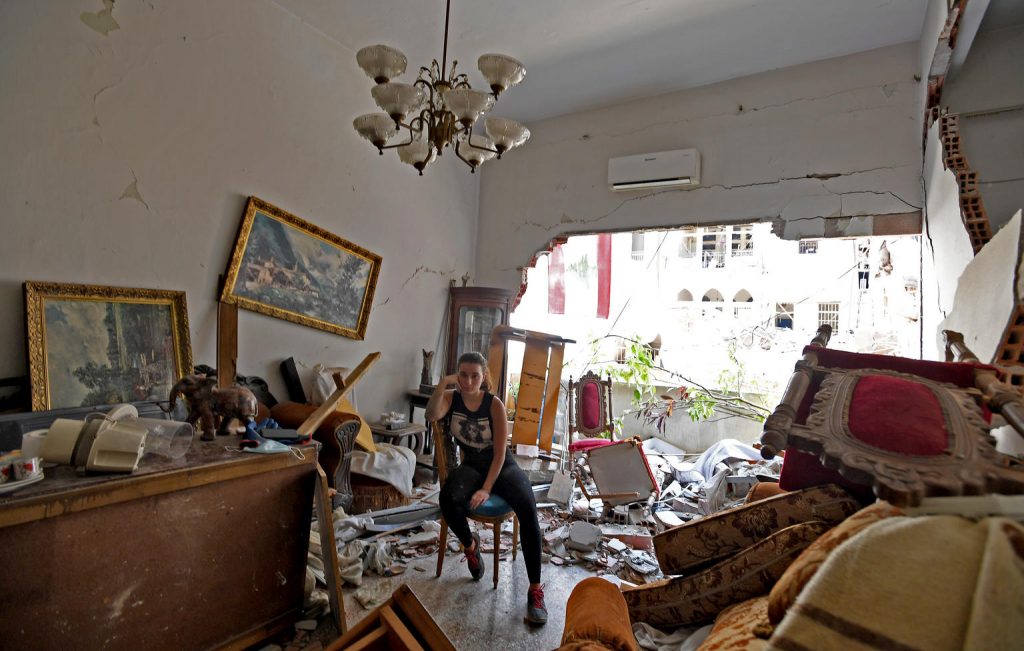
Late in 2019, Lebanon’s economic system began to implode. Years of financial mismanagement led to the country’s currency, the lira, entering freefall.
In a short space of weeks, the lira lost 90% of its value wiping out people’s savings and making salaries worthless. With strict limits introduced on the number of dollars that could be withdrawn from banks and a widespread refusal to accept credit cards, the buying power of the Lebanese population disappeared.
With 80% of daily goods being imported, this made essential supplies of food, water, and medicine difficult to get.
48% of the Lebanese people lived below the poverty line before this financial shock.
The economic crisis led to new suffering, with food queues an everyday sight.
Electricity outages
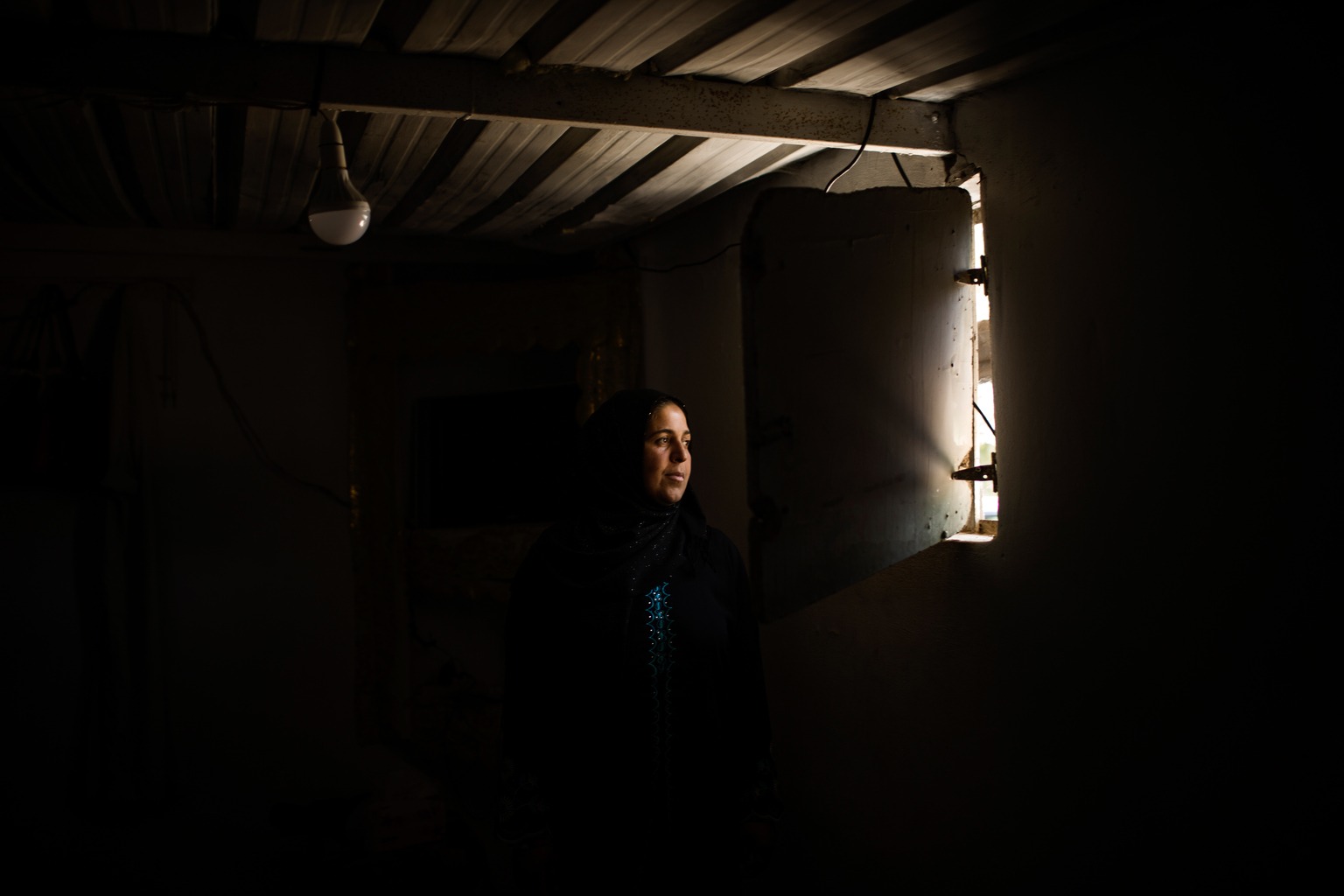
Lebanon has not had a reliable power system since 1990. During the pandemic the situation became much worse. Residents of Beirut had to endure nearly 20 hours of power cuts per week as a result.
With the country dependent on small local generators to supplement the state power grid, fewer and fewer hours of electricity were available to the public.
Faced with shortages, hospitals and clinics have at times been forced to reduce their power usage, leading to serious medical procedures being delayed or cancelled.
Protests and political unrest
Given the economic situation, Lebanon has often seen huge protests. Mass layoffs, food shortages and high employment have left people angry, disillusioned, and demanding change.
But the situation continues to remain dire.
The latest bombings across the country have increased the threats facing Lebanon’s children and families.
They need help now.
Please donate to help children in Lebanon, now and in the future.

